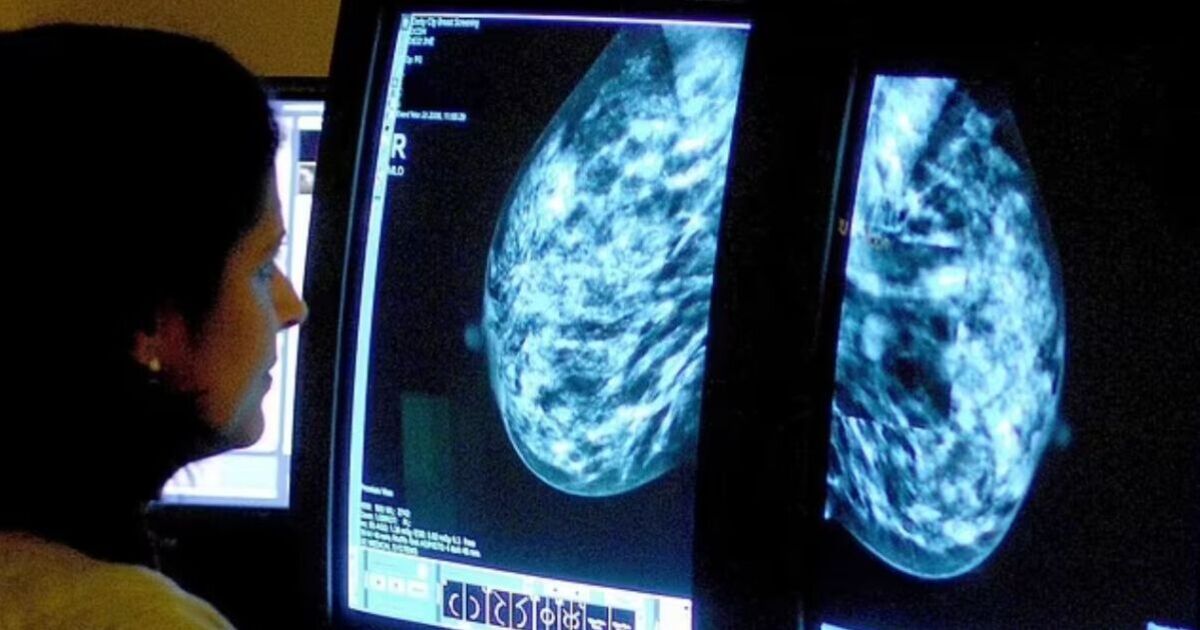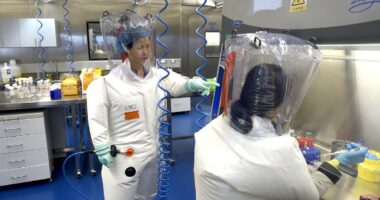A new breakthrough in science could target “hibernating” cancer cells and stop breast cancer from developing.
Scientists have found out how breast cancer cells can ‘sleep’ to dodge treatment, then ‘wake up’ years later.
The most common type of breast cancer can go quiet for many years but then come back in a way that’s harder to treat.
Now, researchers from The Institute of Cancer Research hope that by understanding how this happens, they can make treatments to target and kill these ‘sleeping’ cells, without needing long-term hormone treatment.
They looked at an enzyme called G9a and found that stopping it stopped cancer cells from going dormant and killed the cells that were already ‘sleeping’.
READ MORE: Interior designer shares 10 essential spring cleaning tips to ‘refresh’ home
Professor Luca Magnani said: “We wanted to better understand why breast cancer does return so we can hopefully find ways to stop it – so people don’t have to live in fear or face the devastating news of a relapse.
“Our research identified a key way used by cancer cells to dodge therapy by staying in a dormant state, sleeping before they ‘wake up’ years later and start to rapidly divide again.
“I hope our early findings will next lead to research to target these dormant breast cancer cells so that one day, without the need for years of hormone therapy, patients can be sure that their cancer will not return.”
While breast cancer survival has doubled in the UK over the last 50 years thanks to better detection and screening, there are still more than 11,000 deaths from this type of cancer every year.
DON’T MISS:
TikTok ear-cleaning trend could cause ‘permanent’ damage, experts warn [INSIGHT]
Full list of preventative chemotherapy symptoms including risk of losing hair [COMMENT]
Over 27,000 workers to receive one-off payments of up to £3,000 [LATEST]
Dr Tayyaba Jiwani, science engagement manager at Cancer Research UK – which funded the research, said: “Our research has made it increasingly clear that cancer cells can lie dormant in the body for many years before being triggered to reawaken, causing cancer to return.
“This study uses an innovative approach to analyse the genetics of these dormant cells and gain important insight into the mechanisms leading to dormancy.
“Although at an early stage, the findings reveal potential new targets for the development of innovative treatments that prevent breast cancer from coming back.”
Dr Simon Vincent, director of research, support and influencing at Breast Cancer Now, said: “This promising study gives vital clues into how cancer cells evade treatment and survive in an inactive state, and we look forward to seeing how this will inform future research.”
Follow our social media accounts here on facebook.com/ExpressUSNews









